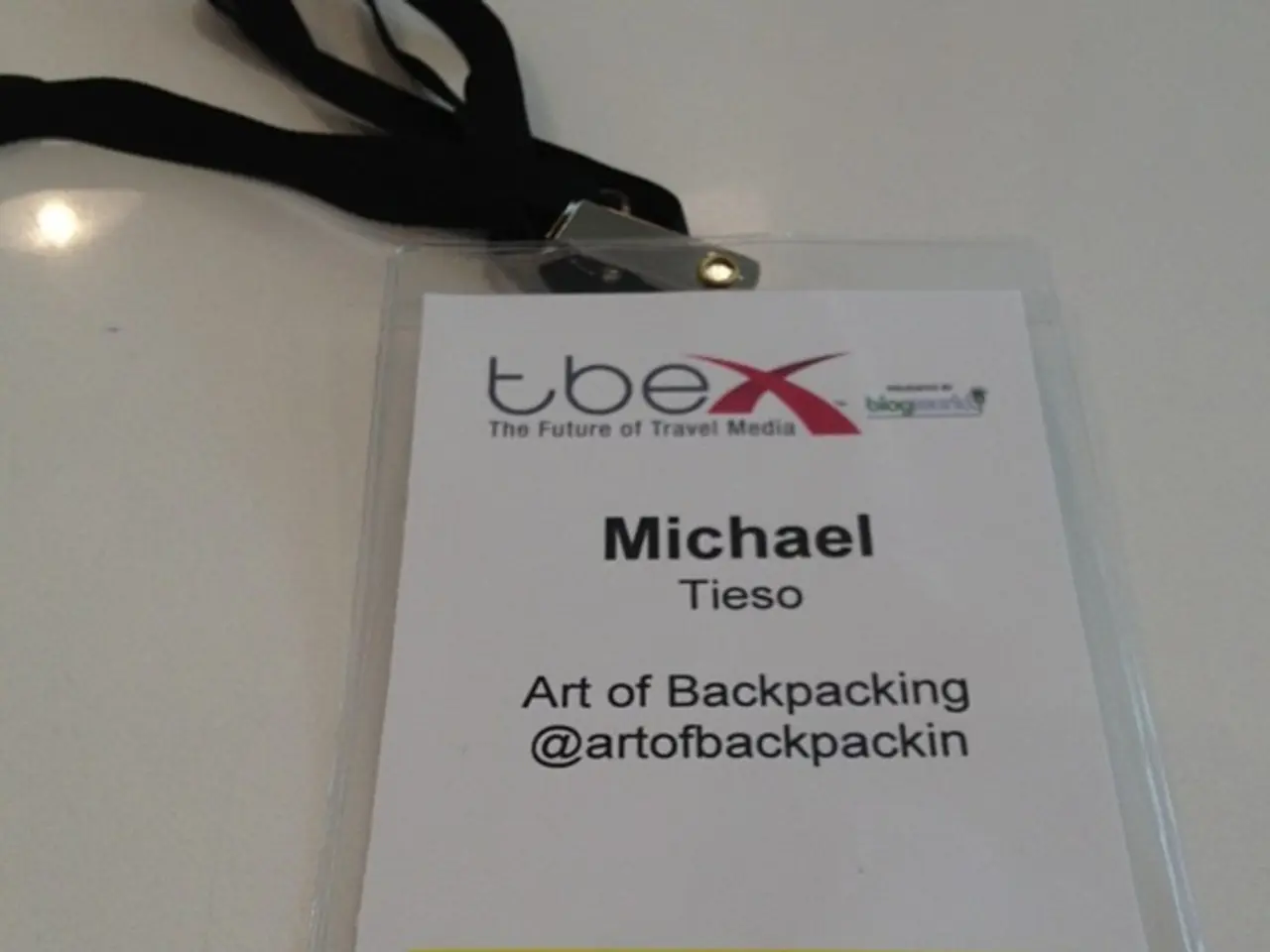Artificial Intelligence (AI) development is unknowingly imbuing prejudice due to the lack of diversity in the tech sector.
In the rapidly evolving field of Artificial Intelligence (AI), concerns about representation and bias have come to the forefront. A recent analysis by Georgetown University highlighted the underrepresentation of Black and Hispanic workers in the AI workforce, with only 8% and 9% of technical AI jobs held by these groups, compared to nearly 12% and 18% of US jobs overall[1].
Women, too, face a similar challenge, with only 26% of the AI workforce being female, according to a UNESCO report[2]. This disparity is not unique to the US, as men hold 80% of tenured faculty positions at university AI departments globally[1].
One notable example of the impact of this imbalance is the scrapping of an AI recruiting tool by Amazon.com, which was found to be favouring men's resumes over women's[2]. Bias has unintentionally seeped into some AI systems, producing results that reflect and perpetuate societal biases.
Efforts to address these issues and increase diversity in the AI workforce include federal initiatives focused on workforce development, diversity programs within companies, and inclusive AI design practices. The U.S. government's AI Action Plan, led by the Department of Labor (DOL) and other agencies, emphasizes AI skill development, rapid retraining, and creating talent pipelines to ensure diverse inclusion in AI-related jobs[1][3][4].
Key aspects of this plan include the establishment of an “AI Workforce Research Hub” to study AI’s labor market impact and guide education and training policies[1][3][4]. The Department of Labor prioritizes AI skill development via education funding, apprenticeships, and rapid retraining for displaced workers, seeking to build AI talent pipelines including people from underrepresented backgrounds[1][3][4].
Industry leaders acknowledge the lack of diversity in AI development teams and the potential harm it can cause to marginalized communities. Some companies and organizations hold discussions and training to break barriers, emphasizing diversity, equity, and inclusion (DEI) in AI workforces and AI product design[2].
However, recent moves by some companies to reduce or eliminate DEI programs have raised concerns about the progress being made. Experts stress that bias in data and AI becomes problematic when it translates into discriminatory outcomes. Maintaining strong DEI initiatives is therefore critical to prevent harmful AI bias and ensure AI benefits all societal groups[2].
The government aims to create national skills frameworks for AI-related infrastructure roles and support industry-driven training programs with state and local governments, helping build diverse pipelines for key AI occupations[3].
Amidst these challenges, there are inspiring figures like Maya De Los Santos, an Afro-Latina woman with degrees in computer and electrical engineering, who is interested in a career in AI to protect marginalized communities from AI risks and ensure they benefit from it[2].
The fight for a diverse and bias-free AI workforce is far from over, but with initiatives like the U.S. government's AI Action Plan, active DEI policies in AI development teams, and the determination of individuals like Maya De Los Santos, there is hope for a more inclusive and equitable future in AI.
References: [1] White House Office of Science and Technology Policy. (2021). The U.S. Government's AI Bill of Rights. https://www.whitehouse.gov/artificial-intelligence/ai-bill-rights/ [2] Noble, S. (2021). AI and the future of work. TED Talk. https://www.ted.com/talks/safiya_noble_ai_and_the_future_of_work [3] Department of Labor. (2021). AI and the Future of Work. https://www.dol.gov/ai-future-of-work/ [4] National Science Foundation. (2021). Artificial Intelligence: National Strategic Plan for Research and Development. https://www.nsf.gov/news/special_reports/ai/
- The U.S. government's AI Action Plan, in partnership with various departments, is focusing on AI skill development, rapid retraining, and creating diverse talent pipelines to address the underrepresentation of minorities, women, and other diversifying groups in the AI workforce.
- There is a persistent disparity in the representation of underrepresented groups such as racial minorities, women, and people from underrepresented backgrounds in the AI workforce, with concerns about bias in AI systems and the potential harm they can cause to marginalized communities.
- To ensure that AI benefits all societal groups, government initiatives and industry leaders are implementing diversity and inclusion (DEI) programs focused on workforce development, diversity in AI workforces, and AI product design, as well as promoting educational funding and apprenticeships for diverse talent to develop AI skills.




